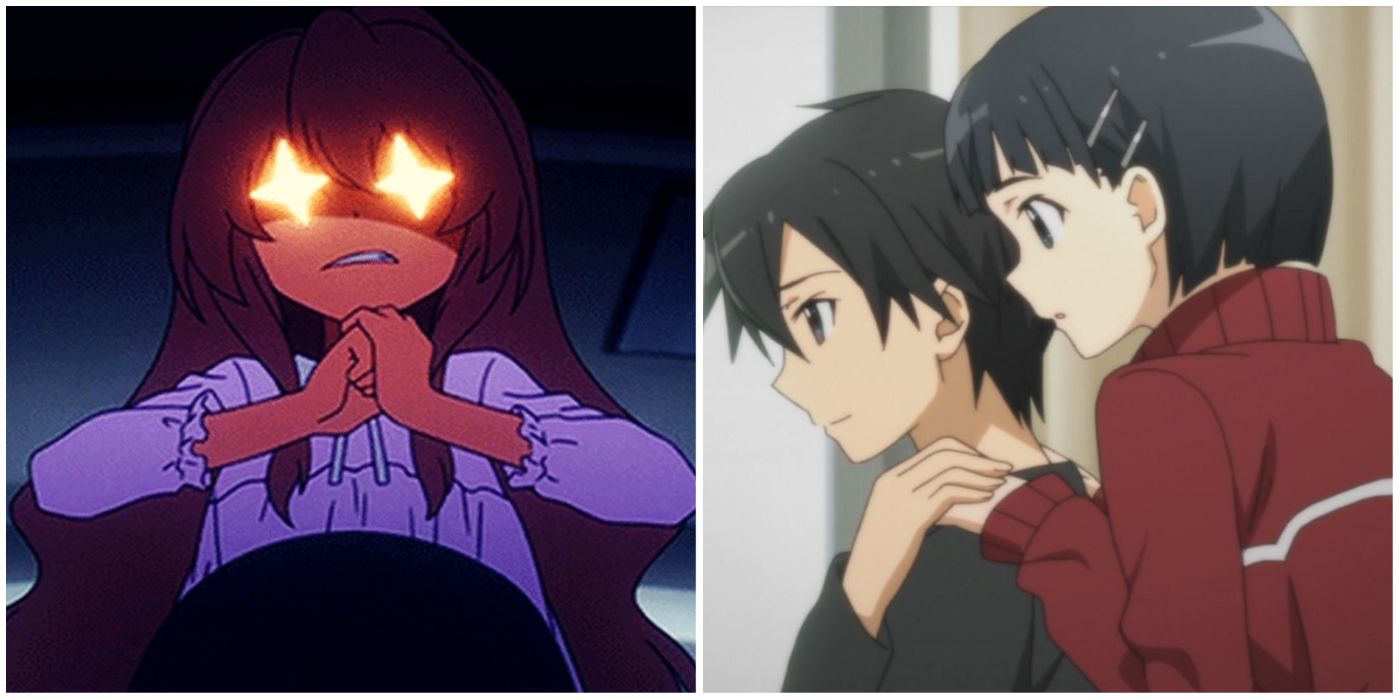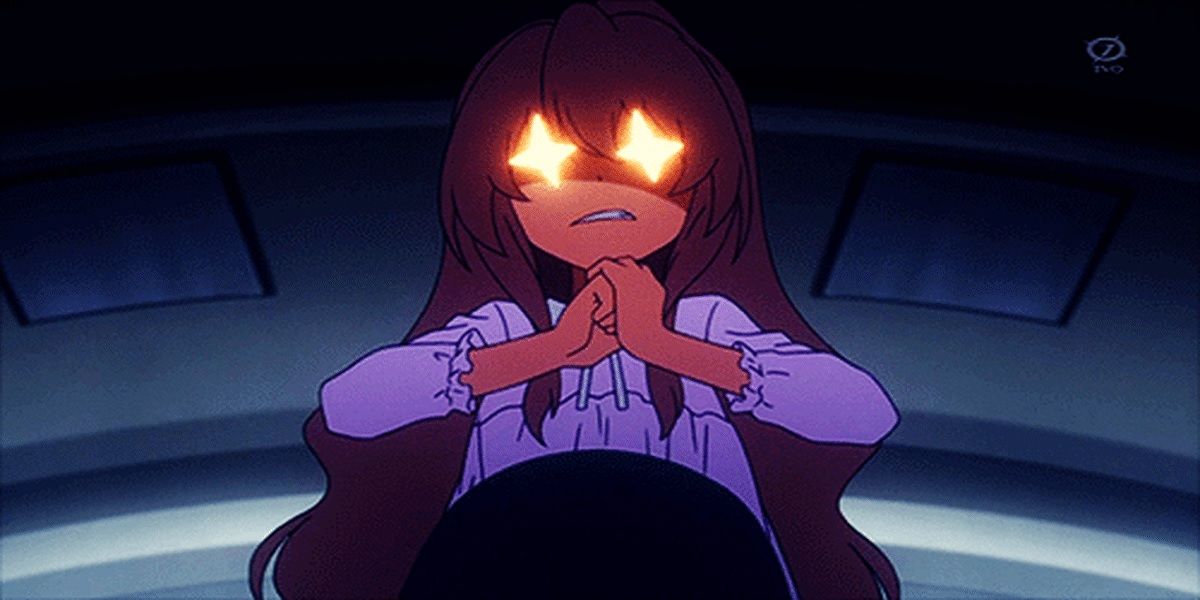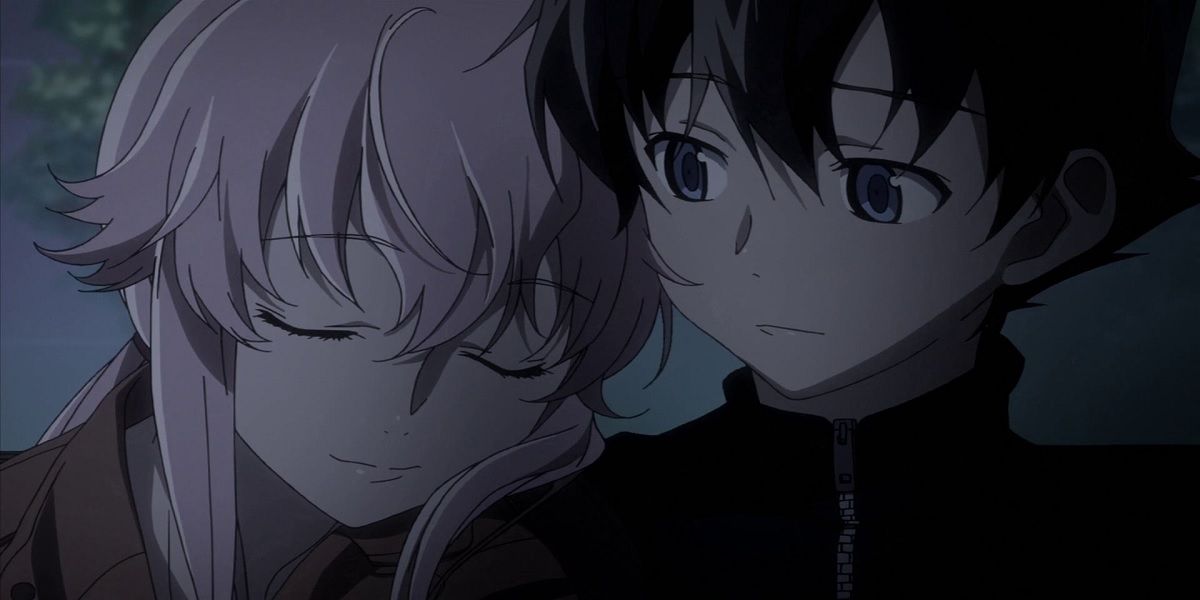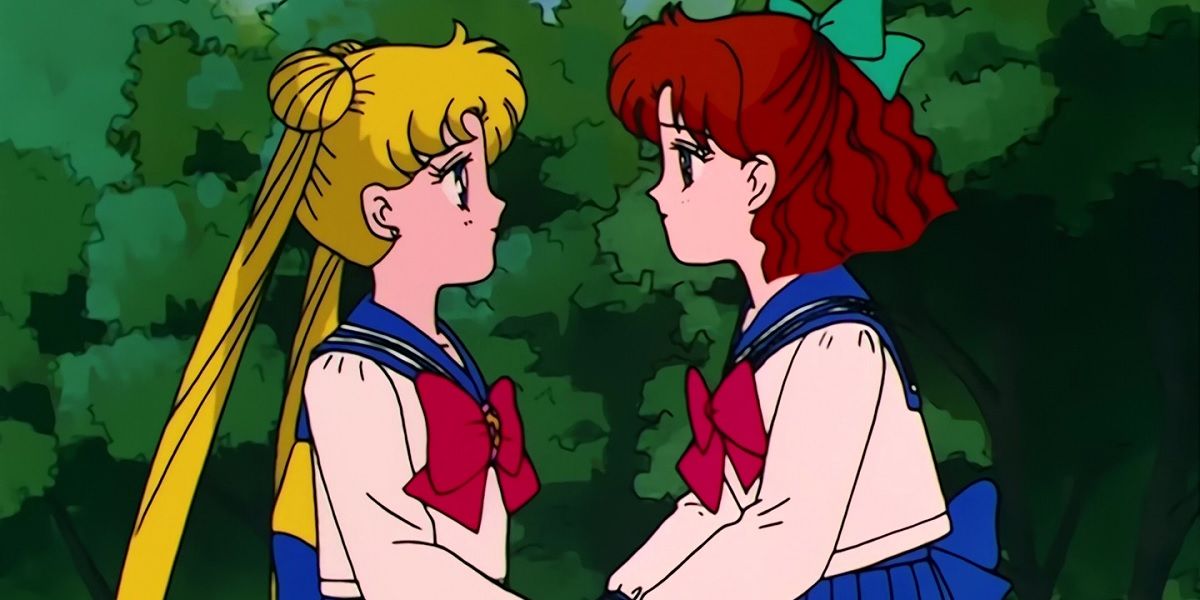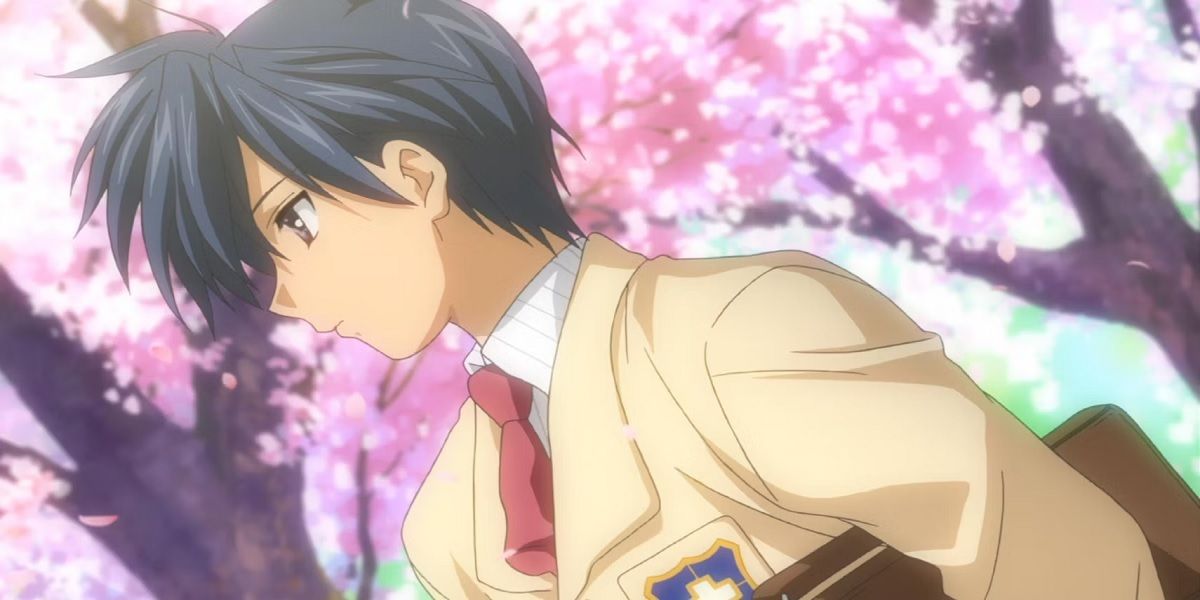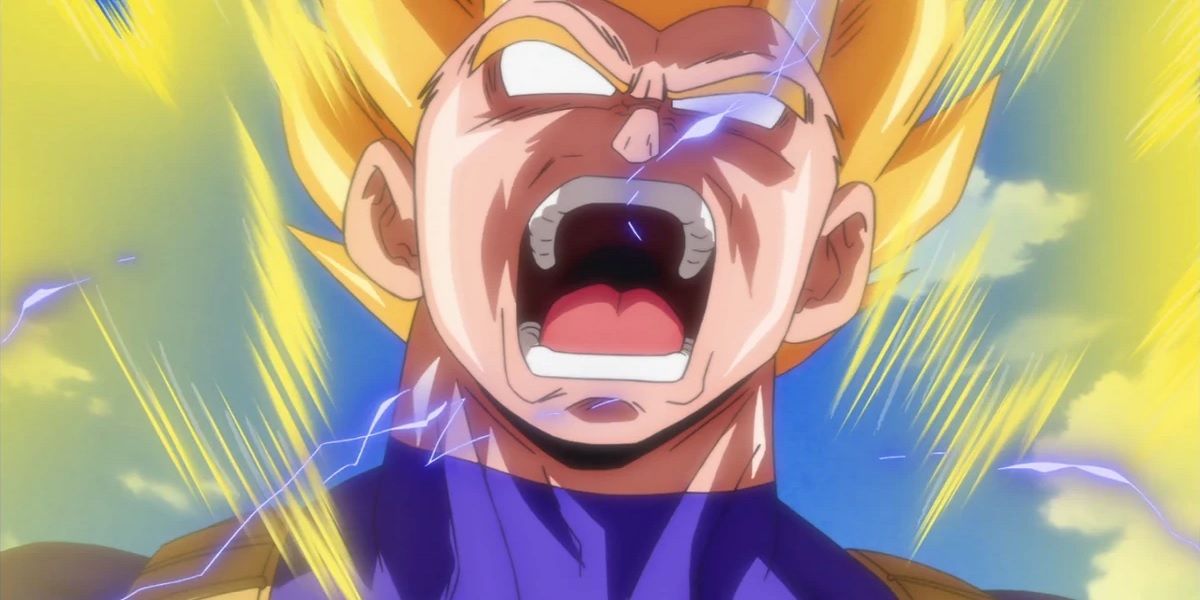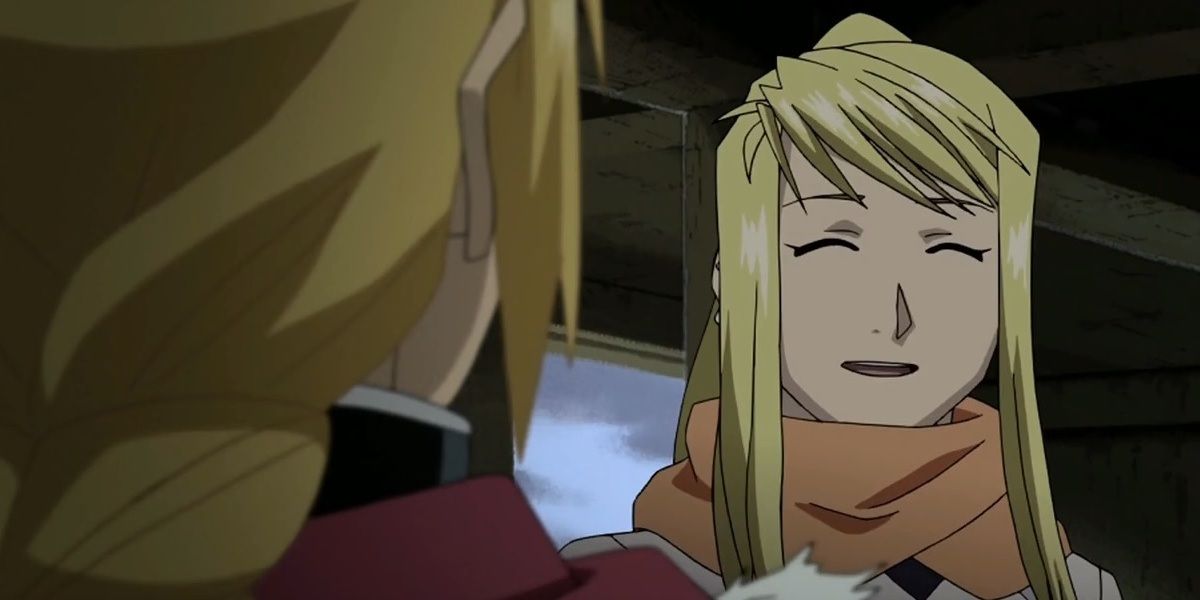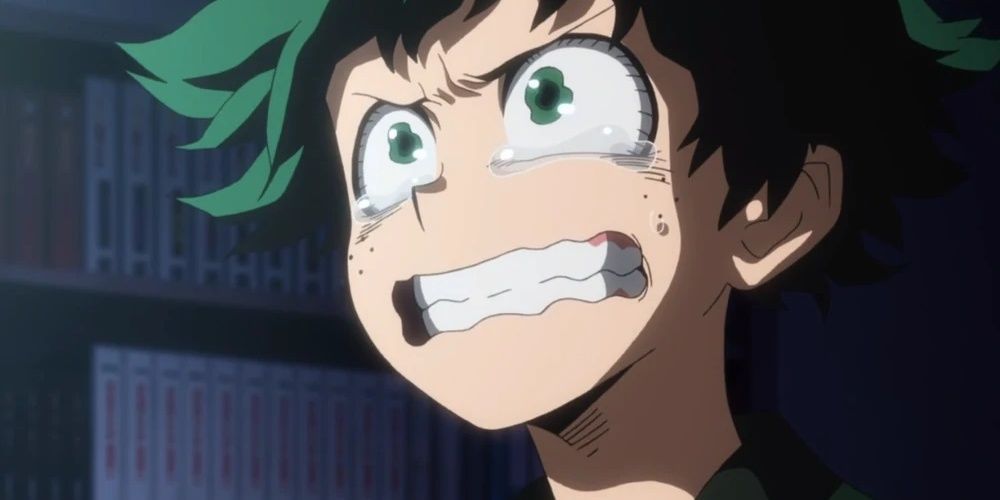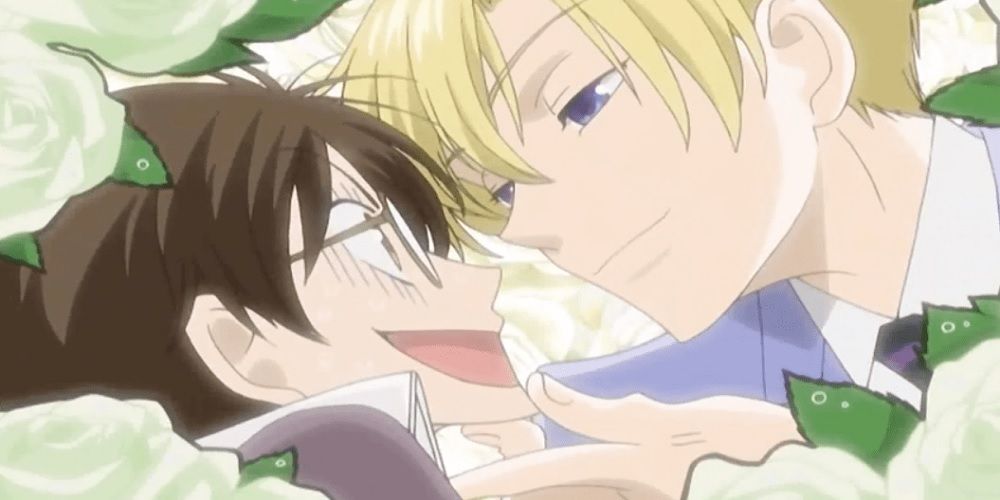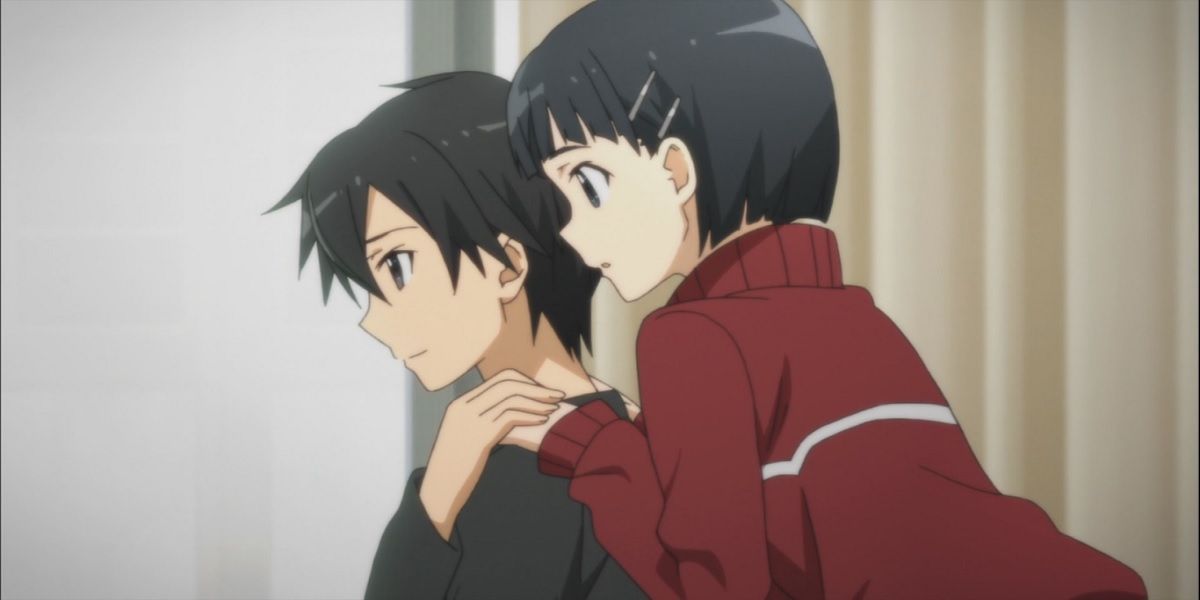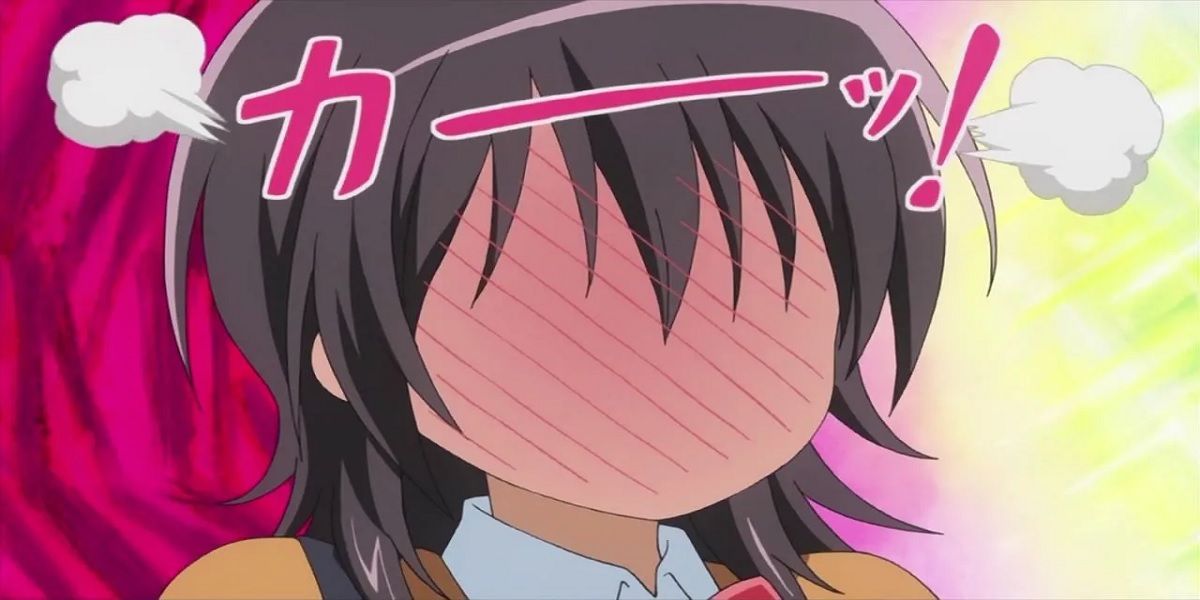Stereotypical character tropes can be found in just about any form of media, but anime in particular is known for having incredibly on-the-nose depictions that bump one or two major personality traits up to a ten. This can work in some cases, leading to some of the most popular anime characters of all time. Asuka from Neon Genesis Evangelion and Taiga from Toradora! are two well-known tsundere who are also written well, despite the trope being an extreme that causes many to lose interest.
As with many tropes found in media, they feel unique at first, which then causes just about every other series to emulate them in some form. While some do manage to find success squeezing originality into tropes that are relatively cut-and-dry, many feel outdated overall and leave a bad taste in fans' mouths more than anything.
10 Tsundere & How Violently They Can Be Doesn't Sit Well With Fans
The tsundere trope is home to some beloved characters, but even they get a fair bit of scrutiny from others who can't agree with their overly-violent methods. One of the trademark traits of a tsundere is their inability to be honest with others about their feelings, which is amplified even further if they have romantic feelings for the other and can lead to violent outbursts.
Taiga Aisaka from Toradora! is a prime example of this. Unable to cope with her personal feelings for Ryuji, Taiga becomes incredibly violent towards him, commonly attacking him so hard that he goes flying, and she makes casual jokes about taking his life while actually attempting to physically assault him.
9 Yanderes Normalize Stalking, Violence, & Even Murder In The Worst Cases
While it can be entertaining to watch, Yuno Gasai from Future Diary and other characters who fall into the yandere trope normalize incredibly violent behavior. It's not just common but actively encouraged or found attractive at times for these characters to stalk the person they love.
Not only that, but if anyone else stands in their way — even if only in their own twisted perception — the yandere is typically not above threatening, harming, or even murdering them in extreme cases. They tend to love more passionately than anyone else and have compelling reasons for acting so drastically when written well, but these yandere are few and far between.
8 The Best Friend Without Powers Almost Always Ends Up Sidelined
In magical girl anime, it's common for the powerful protagonist to have an oblivious but supportive best friend. They might not know exactly what's going on, but they can usually tell that something's different about someone they've been close to for so long.
This trope in theory holds a lot of potential, but in practice, the non-magical best friend often just ends up sidelined. They aren't allowed to know anything and are rarely written into any interesting plots where they discover their friend's secret, meaning they end up getting dropped after a while.
7 Harem Tropes Allow For Bland Main Characters Who Rarely Get Any Development
Harem is a prevalent anime genre that many fans remember from before harem tropes became both glaringly obvious and hard to stomach. Though this trope can be done well, especially when flipped on its head like with Ouran High School Host Club, more often than not it just allows for overpowered-yet-bland male protagonists and overly dependent or over-sexualized female leads.
Shows that don't explicitly fall into the harem genre, like Kakegurui and Konosuba, get away with having a bland lead because they're easy to project onto and relate with. When this lead is incredibly bland but also manages to immediately gain the undying affection of every female character he interacts with, things become stale incredibly fast.
6 The Classic Power-Up Of Becoming Stronger Through Rage Gets Old
One of the most prevalent tropes in shonen anime is the idea that anger empowers characters and can ultimately make them stronger. This is most commonly seen in big-name titles such as Naruto and Dragon Ball Z but can be found all throughout anime.
Using rage as a power-up tool that enhances a character's strength at critical moments can be written in an interesting way if it feeds into that character's core design. More often than not, though, it feels like a cheap way to get characters out of otherwise deadly situations.
5 Shonen Series Often Have A Token Female Lead Who Only Cheers The Protagonist On
Winry Rockbell from Fullmetal Alchemist Brotherhood is one of the stronger examples of the Token Female Lead trope, but even she falls into certain clichés because of this. Token female leads in anime are characters primarily delegated to a supporting role, not providing much to the story other than to cheer on the protagonist.
If anything major does happen to them, these events still end up twisting to feel more like a vehicle for the protagonists' growth above anything else. It's understandable that a genre primarily catered more towards a male audience would focus more on its male characters, but this often comes at the expense of even major female characters who deserve more growth.
4 Strong, Stoic, Silent Types Who Don't Show Deep Emotions Become Shallow Fast
My Hero Academia's Izuku "Deku" Midoriya is a prime example of a complex male character who's written to be strong and brave-hearted despite also being known as a bit of a crybaby. These deeper male leads are more common in recent shonen anime, but older titles tend to fall into a trap of trying to make stoic characters by instead making them emotionless.
These older shonen protagonists don't ever take the time to analyze or think deeper about their own feelings and end up feeling less like fleshed-out characters and more like single-minded Sims. Quiet, stoic characters can be written well, but in many cases, this approach leads to a personality that lacks any real substance.
3 Male Leads Who Never Stop Flirting Come Off As Creepy
Shojo anime in particular is known for having male leads that don't seem to know how to stop flirting with their love interest, who's typically also the main female lead. Series like Ouran High School Host Club, Tokyo Mew Mew, Shugo Chara, and Maid Sama! all make use of this, at times to uncomfortable extents.
The shameless flirting wouldn't be a problem if the recipient of their affection was actually receptive, but most of the time, they're visibly uncomfortable or flat-out uninterested. These interactions are typically played for laughs instead of being presented as anything serious, but these scenes still rub fans the wrong way.
2 The "Siblings In Love With Each Other" Trope Has Uncomfortable Implications
Some character tropes that anime leans into can be downright disturbing, and the Siblings In Love trope is the worst of these by far. A half-sibling or distant cousin ends up developing a crush on the protagonist, and this usually is painted as a fantasy more than the problem it actually is.
Other series, like Ouran, take the trope of siblings being too close and play it up in order to get a reaction from others instead of authentically leaning into it. Even so, many of those scenes still make fans uncomfortable and it's a trope better left in the past.
1 Characters Failing To Recognize Obvious Attraction Is More Annoying Than Endearing
Placing characters in situations where they should be able to easily realize their own romantic feelings but are unable to do so is one of the tactics used by romance anime to drag out their runtimes. It's one thing if a series uses this to develop members of the cast in other ways before they can realize their feelings, like in Toradora!, but other series use this trope to a painful extent.
In many cases, characters who are clearly going to end up together are placed in situations where their feelings are made blatantly obvious but, for one reason or another, aren't directly confronted. While these moments are meant to build suspense before the couple gets together, if it's overused, it can lead to fans becoming uninterested before the couple has a chance to become canon.

